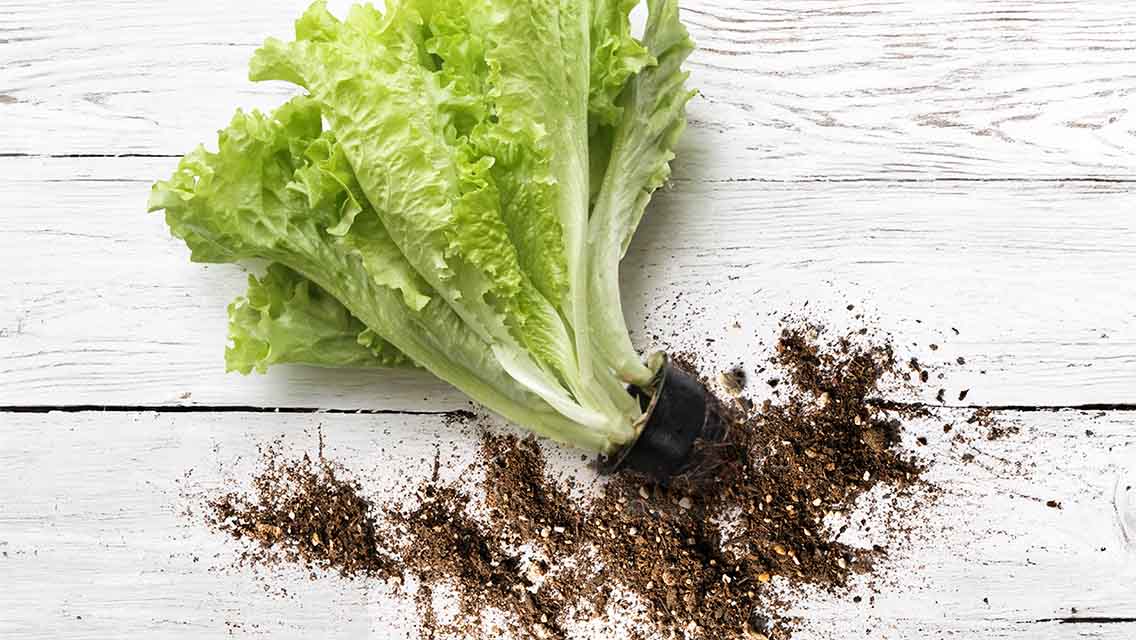Each farm faces a unique mix of challenges, such as climate change, family transitions, and pest problems, but there is one issue that nearly every small farm wrestles with: money.
The USDA in 2018 reported that the median total household income among all farms was just over $72,000. Yet this number is deceptive, because it averages the income of small farms with giant commodity producers. Just over half of American farms have less than 500 acres and produce annual sales under $10,000. Off-farm jobs produce the bulk of the household income for nearly all smaller-scale-farm families.
Farming is not a 9-to-5 job. Fitting in other paid work is exhausting, and this takes a toll on farmers’ health. Meanwhile, the everyday expenses of farming can wipe out profits in an instant.
During its most profitable year in 2013, our farm, Bossy Acres, served a 125-member CSA and sold produce at four farmers’ markets each weekend, netting about $50,000 from our 5 acres and greenhouse. Because we’d already purchased most of our equipment and rented the land, our expenses — seeds, greenhouse flats, gas, farmers’-market fees, a part-time employee, and utilities — amounted to about $38,000. Our profit for two people working 80 hours a week from March to November was $12,000.
Granted, we were just starting out. The longer a farm operates, the easier it becomes to earn a profit, because the equipment is in place. At the same time, scaling up often means adding employees, which lowers profit.
Not surprisingly, farming communities are rife with depression and suicide. (Estimates vary, but some reports suggest that the rate of suicide for farmers, ranchers, and agricultural managers ranks among the highest of any professional group.)
Although there are plenty of contributing factors, economic uncertainty looms large. How long can anyone work 80 hours a week knowing that one random disaster — a serious injury, for instance, or a tornado — can wipe you out? It’s a question no small-scale farmer should have to answer.
These are some better ones to ask: Does buying from a small-scale farmer really make that much of a difference? Is it worth it to pay more or go out of your way to purchase their products? The answer to these questions is a resounding yes, because any contribution to that trickle of an income stream can be significant. Small farmers work hard. They deserve to make a living at it.
This originally appeared as “Meet Your Farmers” in the May 2020 print issue of Experience Life.




This Post Has 0 Comments